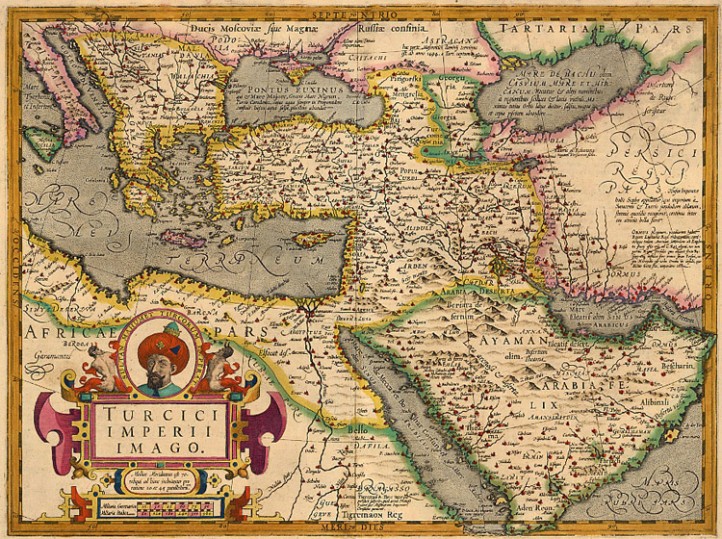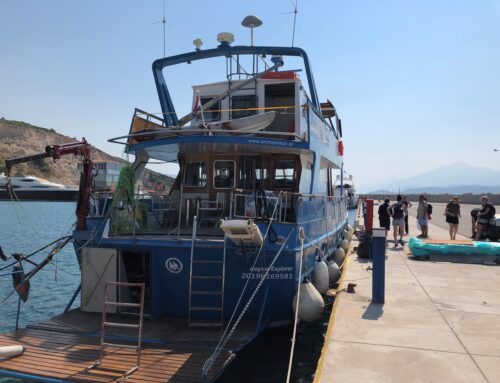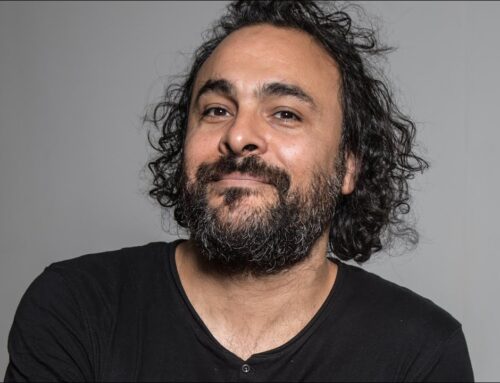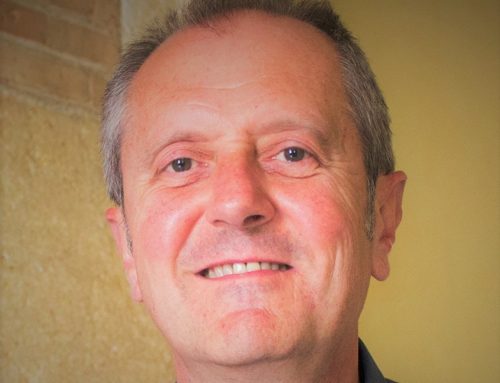We only see movements that are documented: we talk about “looking at movements” more than the movements themselves. How were these movements perceived, and how was the displacement narrated? Some information on these questions might be found in an unexpected source. Letters written by erudite scholars are a favoured source in the history of scholarship. But they can also reveal other presences, and the movements of travellers, exiles and refugees.
The letters of Sebastian Tengnagel, imperial librarian in Vienna and a scholar of Arabic, Turkish and Persian, are one such case. Nowadays he is a ghostly figure, but in his day he was one of the leading figures of the “Republic of Arabic Letters”. Although he – as a librarian – is a sedentary figure par excellence, his letters are full of movement: of ideas, of books, and of people. In this seminar I will focus on the movement of people. Tengnagel’s correspondents range from giants of philology like Casaubon and Gruter to unknown, mist-shrouded figures from a shifting ecosystem: missionaries, adventurers, interpreters, slaves and prisoners of war, from the borders of the Ottoman Empire and the shores of the Mediterranean. These were the people who conveyed information, who sold or copied the texts that would then be studied in Europe. It was thanks to them that a more precise knowledge of the Near East and of Islam was formed. Through the pages of Tengnagel, a “residual” humanity comes to life: a humanity that came from afar and was marginalised but that existed alongside and communicated with the rarefied world of the Republic of Letters.
With few, rare exceptions, these lives had to undergo conversion to Christianity before they could emerge from the shadows. The second part of this seminar will therefore focus on a collection of tales of conversion to Catholicism (soon to be published) that includes stories of women, children, slaves, and the mentally ill. This material is significant not just from a religious studies perspective but also, once again, as a source of information that sheds lights on a humanity that would otherwise have remained submerged. And in some rare cases it leaves a trace of the emotional trauma that these geographical and spiritual movements must have caused.
Chiara Petrolini is currently working on the project “The Oriental Outpost of the Republic of Letters. Sebastian Tengnagel (d. 1636), the Imperial Library in Vienna, and Knowledge about the Orient”, based at the University of Vienna (with T. Wallnig, H. Çelik, P. Molino, C. Römer: https://geschichtsforschung.univie.ac.at/forschung/oorpl/).
Her research interests focus on responses to the conflicts – political, intellectual and religious – of the 16th and 17th century. After graduating from the Scuola Normale Superiore in the history of philosophy in the early modern period, she wrote her PhD dissertation on Paolo Sarpi and his idea of sovereignty. She has always paid special attention to people in exile: she followed the stories of some Venetians who left for the England of James I, and she has worked on the multiple autobiographies of a young English poet and writer who converted to Catholicism. Driven by her interest in religious conversion, she focused on the link between violence and conversion and, conversely, on the idea of peaceful universal conversion theorized by Campanella. Together with V. Lavenia and S. Pavone, she has collected narratives of conversion held in Rome (Viella, 2020).
She received fellowships including postdocs at the Warburg Institute, at the Folger Shakespeare Library and at the German Historical Institute in Rome. In July 2019 she joined the Cost Action Project “People in Motion: Entangled Histories of Displacement across the Mediterranean”, chaired by Giovanni Tarantino, where she is part of the Workgroup “Ideas in motion”, coordinated by Luisa Simonutti.







